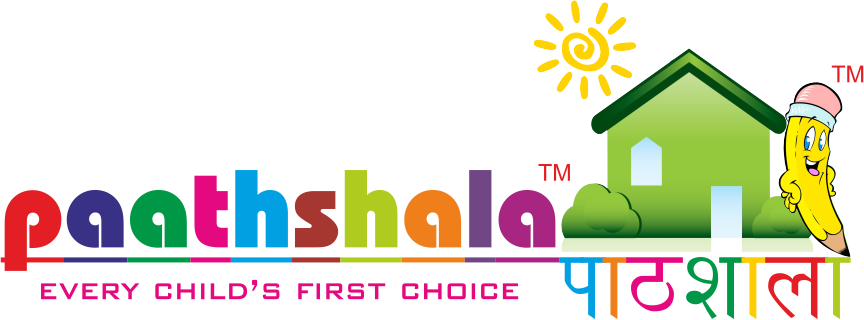- Socialization and Communication Skills:
Kindergarten schools provide a structured setting where children interact with peers and teachers regularly. This socialization fosters the development of essential communication skills, cooperation, and teamwork. Small kids learn to share, take turns, and express their thoughts and feelings confidently, building the groundwork for healthy relationships later in life.
- Academic Preparedness:
Kindergarten schools introduce children to foundational academic concepts in a playful and engaging manner. Through age-appropriate activities, kids develop early literacy, numeracy, and problem-solving skills. This academic exposure prepares them for the transition to formal education, setting them up for success in higher grades.
- Cognitive Development:
The stimulating environment of kindergarten schools stimulates cognitive development in small kids. Learning through play and hands-on activities enhances their critical thinking, creativity, and imagination. Teachers employ various teaching methodologies that cater to diverse learning styles, ensuring every child can thrive.
- Emotional and Behavioral Growth:
Kindergarten schools focus on nurturing emotional intelligence and positive behavior in small kids. Children learn to identify and manage their emotions, develop empathy, and understand the feelings of others. They also learn valuable life skills like patience, resilience, and problem-solving, which contribute to their emotional well-being.
- Structured Routine and Discipline:
Kindergarten schools provide a structured daily routine, offering a sense of security and predictability to small kids. Regular routines help children understand expectations and boundaries, instilling good habits and discipline from an early age.
- Independence and Self-Confidence:
Through age-appropriate tasks and responsibilities, kindergarten schools encourage small kids to become more independent. Dressing themselves, tidying up, and completing simple tasks boost their self-confidence and sense of accomplishment.
- Exposure to Diversity:
Kindergarten schools often have diverse student populations, exposing small kids to different cultures, traditions, and languages. This early exposure promotes tolerance, acceptance, and a broader worldview, fostering a more inclusive and empathetic mindset.
Conclusion:
Enrolling small kids in kindergarten schools is a crucial step in their educational journey. These early learning institutions provide an environment where children develop social skills, academic preparedness, cognitive abilities, emotional intelligence, discipline, independence, and exposure to diversity. The experiences and skills acquired in kindergarten lay the foundation for a lifetime of learning and personal growth. Choosing a reputable and caring kindergarten school can set your child on a path to holistic development and future success. Embrace the opportunity to invest in your child’s education by enrolling them in a kindergarten school that prioritizes their well-being and fosters their innate potential.



